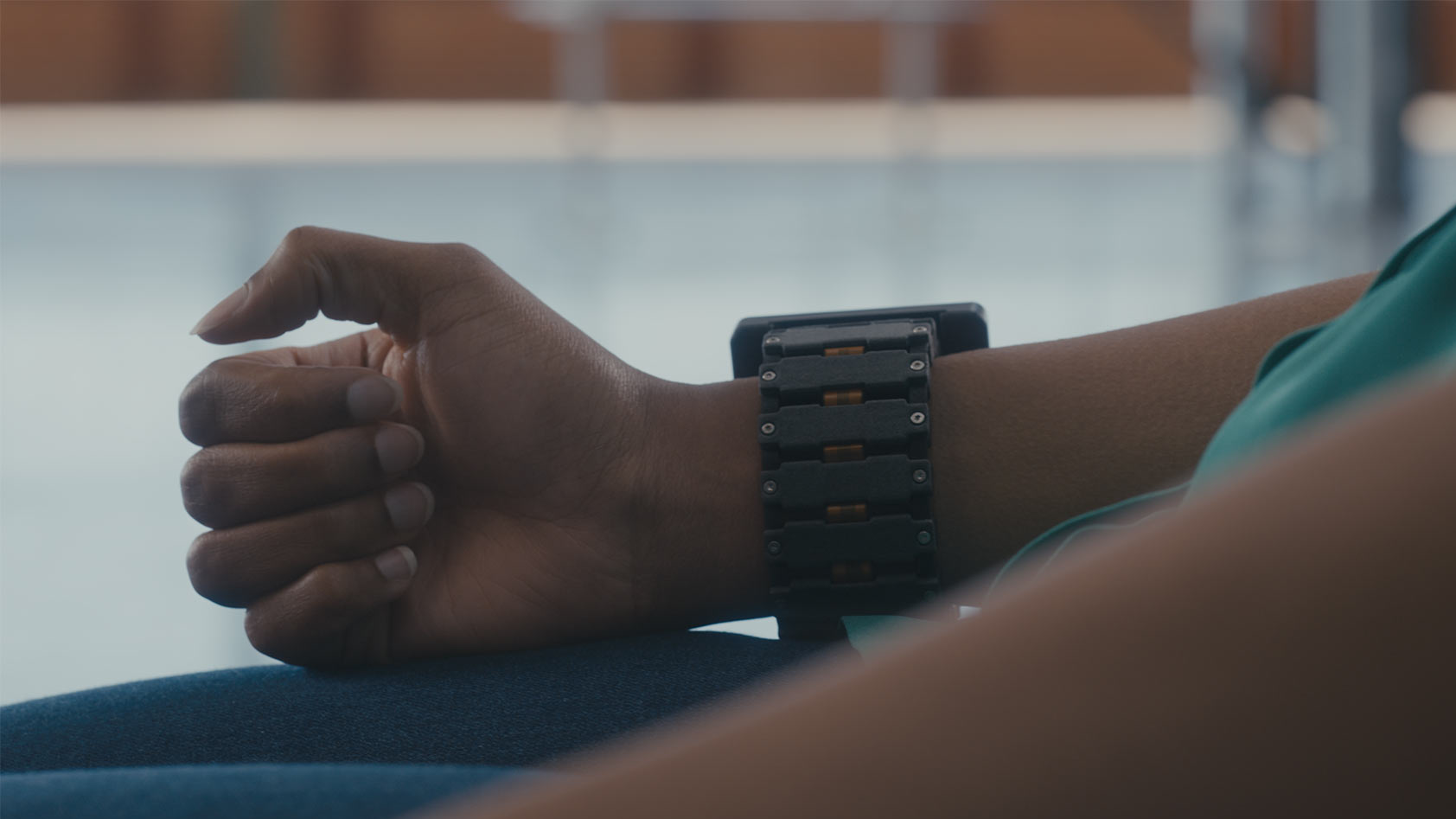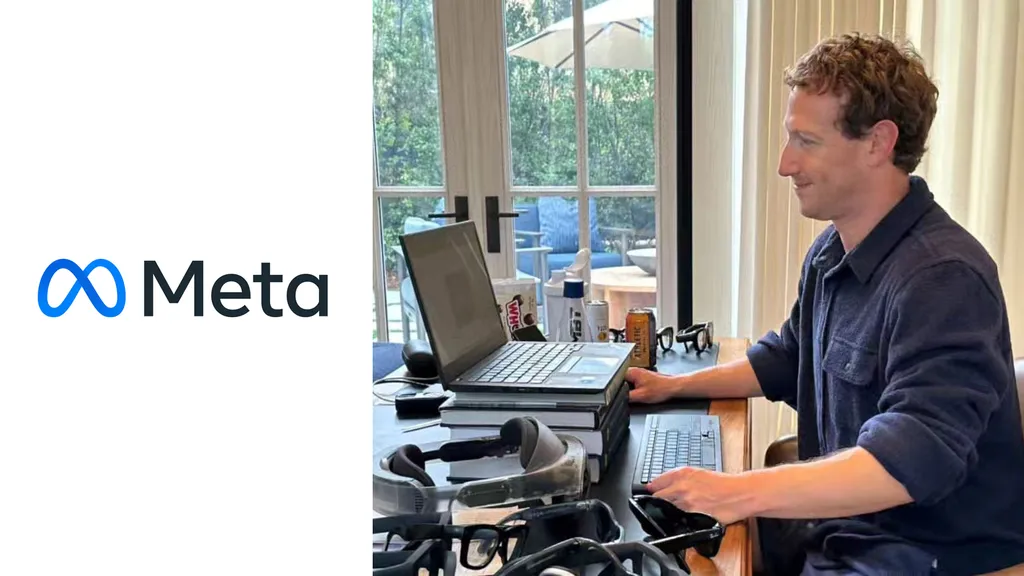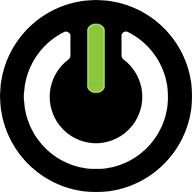Meta's smart glasses with a HUD, releasing next year, won't be Ray-Ban branded or styled, The Information reports.
The Ray-Ban Meta Glasses let you capture hands-free first-person photos and videos, take calls, listen to music or podcasts, and livestream your view to a Messenger call, WhatsApp call, or Instagram story. In the US & Canada the other headline feature is Meta AI, a conversational assistant you can talk to by saying "Hey Meta". Mark Zuckerberg has said on multiple occasions that Meta has seen huge demand for Ray-Ban Meta Glasses and the company is selling them as fast as it can make them.
What the current glasses lack though is any kind of display, and that's what Meta's next glasses, codenamed Hypernova, are set to bring. The existence of Hypernova was first reported in early 2023 by The Verge's Alex Heath, who seemed at the time to describe it as a new generation of the Ray-Ban glasses. Heath's report described Hypernova as having a heads-up display (HUD) to show notifications, scan QR codes, and translate real-world text in real-time. To be clear: this won't be AR, it will be a small fixed contextual display.
However, in a new report today, The Information's Wayne Ma and Kalley Huang say Hypernova won't be a partnership with EssilorLuxottica, the eyewear company that owns Ray-Ban, because the company "balked at the design".
To project an image into your eye and deliver the HUD, the report says Hypernova will have "a thick frame that current and former Meta employees say is likely to turn off consumers", and this was a dealbreaker for EssilorLuxottica.
That projection system also brings the weight up to around 70 grams, the report claims, compared to the roughly 50 grams for the Ray-Ban Meta glasses and 30 grams of traditional glasses.
Separately, The Financial Times and The Wall Street Journal report Meta is exploring a multibillion-euro investment in EssilorLuxottica, which could help it wield influence in the company's decision-making on future smart glasses.
Neural Wristband?
What the new report doesn't mention is whether Hypernova is still set to come with Meta's long-in-development neural wristband input device as Alex Heath's 2023 report suggested it would.
Interestingly, Mark Zuckerberg was seen demoing the neural wristband to the founder and chairman of Luxottica back in 2022, suggesting the companies may have been partnered on Hypernova at some point in the past.
The wristband originates from Facebook's 2019 acquisition of New York startup CTRL Labs, and its CEO and co-founder still works on the project at Meta. It works by sensing muscle activation in your wrist using a technique called electromyography (EMG) to track the movement of your fingers. Theoretically this could have zero or even negative latency, perfect accuracy, work regardless of lighting conditions, and not be subject to occlusion.

On a talk show in February Zuckerberg said the wristband will ship as a product in "in the next few years", which could suggest it will be bundled with Hypernova as originally planned. Alternatively, Meta could be banking on the rapid advancement of conversational AI as a cheaper input method and push the neural wristband out for future hardware.






























